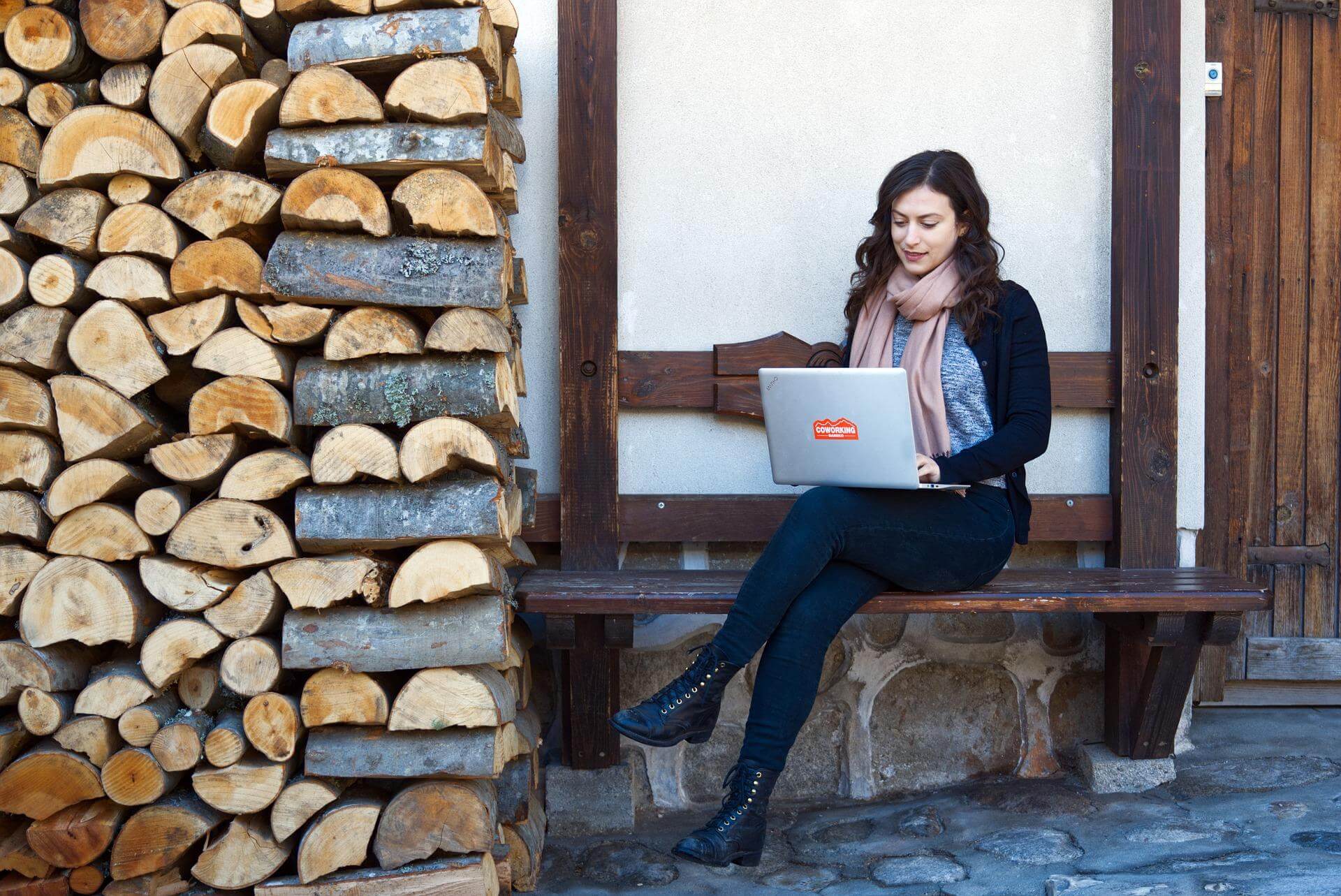
Stop screen sharing when you don’t need to show your screen. In the My Video section, uncheck the box beside Enable HD if it is checked.In your desktop Zoom client, click Settings (the gear icon). Providing video in HD resolution requires much more data, so consider turning it off when image quality isn't critical. Adjust your settings so that you always join meetings with the camera off, and you can choose to have attendees' cameras off for meetings you set up. For meetings in which seeing each other isn't crucial, turning your camera off is the easiest way to reduce the amount of data coming in and out of your computer. Are there any special projects, tasks, or online training that you can advance while working remotely?.Are there critical work activities that are vulnerable to the absence of a small number of key employees?.What routine responsibilities/tasks require regular communication and collaboration with others?.Are there cross-training opportunities to identify backup employees who can do critical work within or between departments?.Can positions that do not traditionally lend themselves to remote work be temporarily modified to focus on other work elements such as online training, documentation, etc.?.What routine responsibilities/tasks cannot be fulfilled while working remotely and how will it impact operations or other people? Are there any ways to reduce those impacts?.What training (if any) will be necessary for remote work tools and technology?.Are there any teams or individuals who have limited or no experience with remote work?.You may want to start with these questions: Those individuals who cannot work from home and are not designated as essential service providers by their managers or supervisors are eligible for paid administrative leave described in the recent executive order by UC President Janet Napolitano. UCSB has asked supervisors to consider alternate work arrangements, when possible, and is working on a process to reassign employees to other areas or types of work. However, only those employees who must be on campus to maintain critical operations and functions should come to campus. According to the order, essential services (gas, grocery stores, pharmacies, banks, etc.) and state and local government functions, including the higher education sector, remain open.Īs a higher education institution, our campus remains open to provide essential services. On March 19, 2020, Governor Gavin Newsom and the California State Public Health Officer and Director of the California Department of Public Health issued an order directing all residents of California to stay at home or their place of residence effective immediately and until further notice. You should feel confident about calling or messaging an employee who works remotely anytime you would walk to their office or call them if you were on campus. Remember that the work employees do while working remotely, even on their personal devices for University work, remains subject to University and other applicable regulations including the Public Records Act.Your personal privacy matters too, so look around to see if there is anything that you would not want visible during a video conference with your manager or colleague.
I AM OPEN TO WORK REMOTELY MEANING WINDOWS
Can someone who is standing behind you read your computer screen? Are your windows open so your neighbor can hear your phone call? What information do you need to secure before grabbing a cup of coffee or heading to the restroom? Whether you work at home or another remote location, take five minutes to assess your workspace privacy. Pets often need a closed door to keep them away, and you might need headphones to block noise. Depending on your living arrangement, you may need to hang a “do not disturb” sign so your family members don’t interrupt you. Home can mean pets, children, or a favorite hobby are only a few feet away.

Track how long tasks take and adjust your daily goals to match your rhythm.Įliminate distractions. Consider starting each day working remotely by listing what you need to accomplish and then tracking your progress. Set daily goals, track them, and share your progress. Remember that your colleagues may be able to see your background. Plan for video calls/meetings by ensuring you can turn on your computer’s camera and microphone.Use Google Hangouts Chat, Google Hangouts Meet, Zoom, or Slack to stay connected to colleagues.Set up call forwarding, and ensure you can access your voicemail off-campus.

You should remain capable of reporting to work if your supervisor requests your presence. Wearing the same attire you would in the office, even if it is your “casual Friday,” may be helpful. It signals to your brain that it is time for work. Establish a workspace, even if it is your kitchen table.


 0 kommentar(er)
0 kommentar(er)
